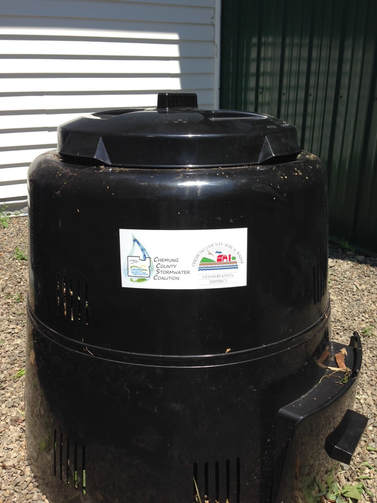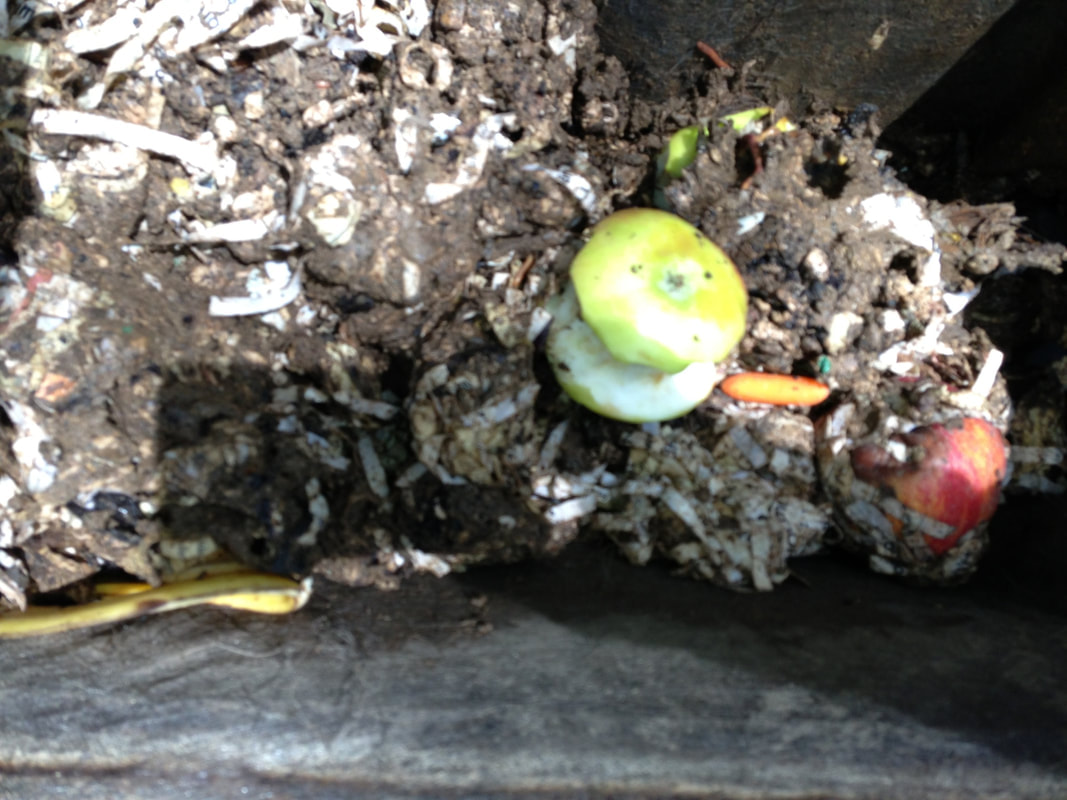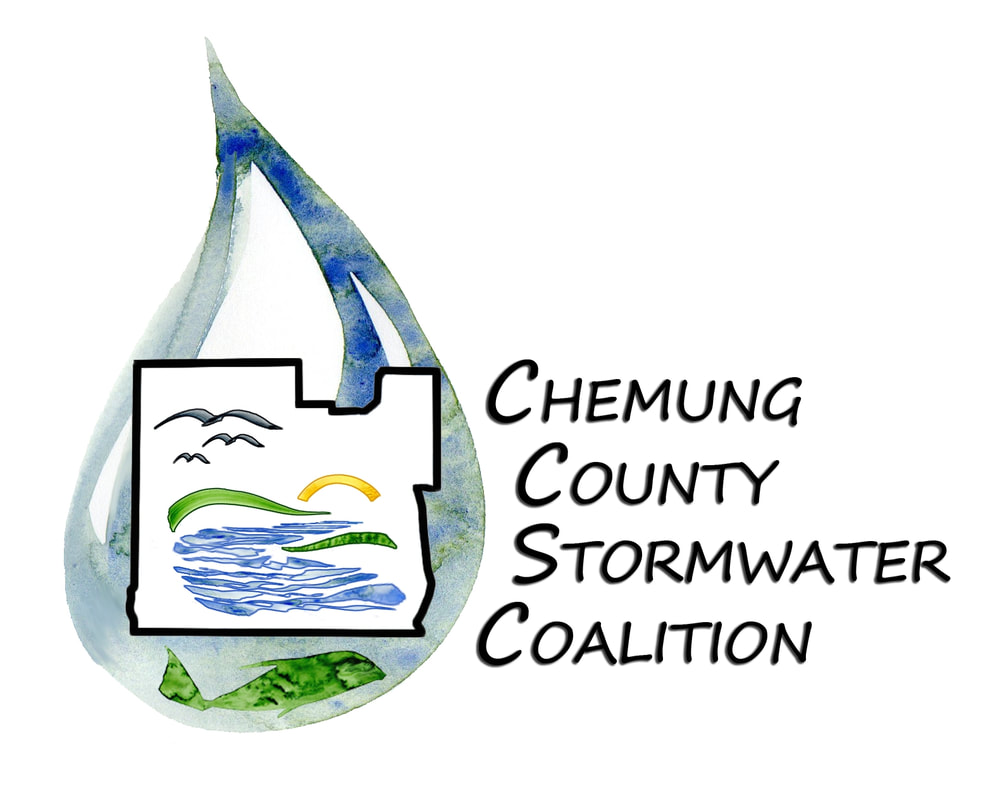What is compost?Compost simply means controlled decomposition. For homeowners, it means putting all your organic waste (leaves, garden waste, food waste, etc) together and decomposing it in a controlled environment. The result is compost, a nutrient-rich garden amendment.
How does organic waste and composting affect storm water and water quality?When organic waste is improperly handled, it can damage the natural environment and harm the municipal water supply. Composting is a good way to prevent mismanagement of waste. The following are two examples of organic waste management that impact water and the environment.
|
Why Compost?• It’s a responsible convenient way to get rid of your organic waste
• It results in a nutrient-rich substance that will help your flowers, vegetables, and potted plants thrive • It prevents storm water runoff pollution. For more information on the effects of storm water runoff, click here. What is organic waste?Organic waste is waste that comes from a plant or animal source and can be decomposed by living organisms. Here are some types of organic waste that you may deal with:
• Leaves • Grass Clippings • Yard Waste • Food Waste • Manure • Christmas Trees • Garden Waste • Brush |
Can I compost all organic waste?
You can compost almost all of these, with the exception of big branches, brush, and Christmas trees. Click here for a complete list of what you can and cannot compost.


